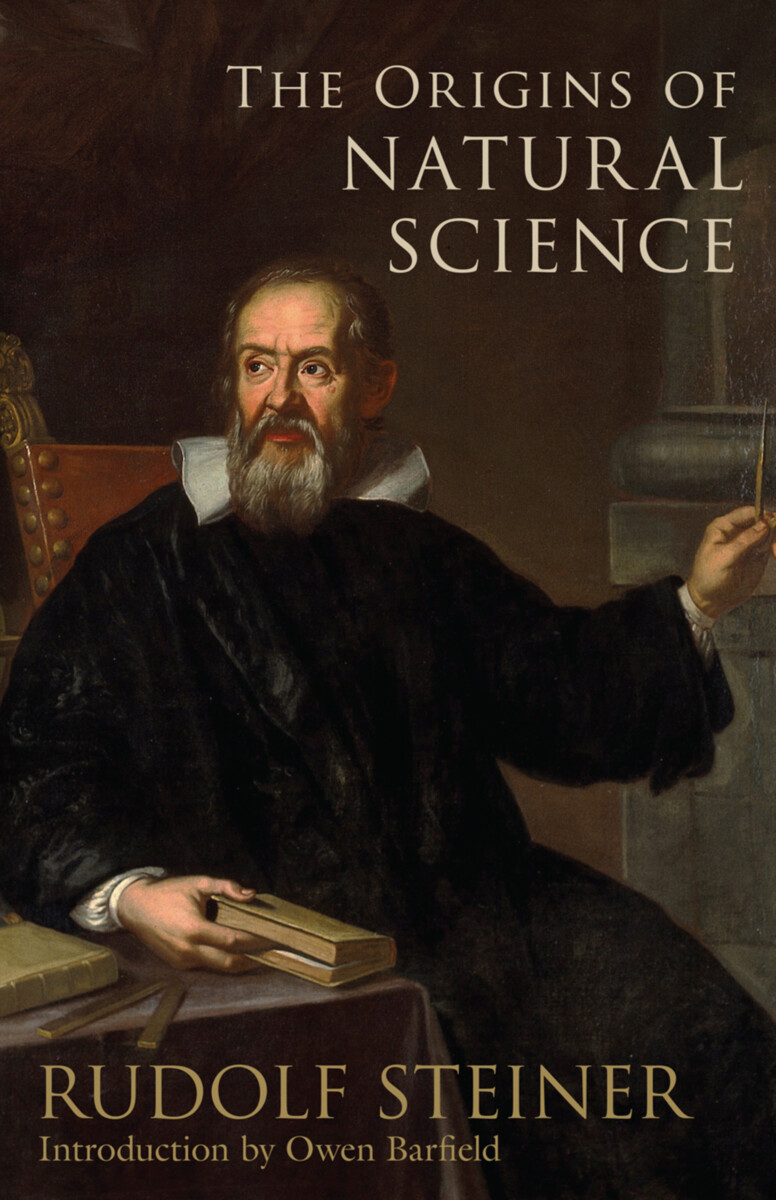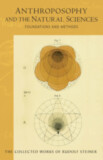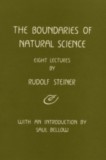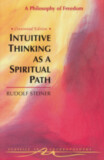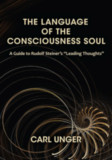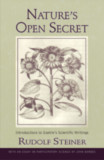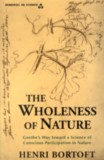The Origins of Natural Science
(CW 326)
Paperback
January 1985
9780880101400
More details
- Publisher
SteinerBooks - Published
1st January 1985 - ISBN 9780880101400
- Language English
- Pages 160 pp.
- Size 5.5" x 8.25"
$16.00
9 lectures, Dornach, December 24, 1922 – January 6, 1923 (CW 326)
“Modern science, and the scientism based on it, so far from being the only possible ‘reality principle,’ is merely one way of conceiving the nature of reality; a way moreover that has arisen only recently and that there is no reason to suppose will last forever.” — Owen Barfield (from the introduction)
These talks outline the subtle changes in our ideas and feelings in relation to the development of natural science. Through this, Steiner shows the significance of scientific research and the mode of thinking that goes with it. As we look at what technology has brought us, we may have a feeling like the pain we feel over the death of a loved one. According to Steiner, this feeling of loss will eventually become our most important stimulation to seek the spirit.
This book is a translation from German of Der Entstehungsmoment der Naturwissenschaft in der Weltgeschichte und ihre seitherige Entwicklung (GA 326).
Rudolf Steiner
Rudolf Steiner (b. Rudolf Joseph Lorenz Steiner, 1861–1925) was born in the small village of Kraljevec, Austro-Hungarian Empire (now in Croatia), where he grew up. As a young man, he lived in Weimar and Berlin, where he became a well-published scientific, literary, and philosophical scholar, known especially for his work with Goethe’s scientific writings. Steiner termed his spiritual philosophy anthroposophy, meaning “wisdom of the human being.” As an exceptionally developed seer, he based his work on direct knowledge and perception of spiritual dimensions. He initiated a modern, universal “spiritual science” that is accessible to anyone willing to exercise clear and unbiased thinking. From his spiritual investigations, Steiner provided suggestions for the renewal of numerous activities, including education (general and for special needs), agriculture, medicine, economics, architecture, science, philosophy, Christianity, and the arts. There are currently thousands of schools, clinics, farms, and initiatives in other fields that involve practical work based on the principles Steiner developed. His many published works feature his research into the spiritual nature of human beings, the evolution of the world and humanity, and methods for personal development. He wrote some thirty books and delivered more than six thousand lectures throughout much of Europe. In 1924, Steiner founded the General Anthroposophical Society, which today has branches around the world.


